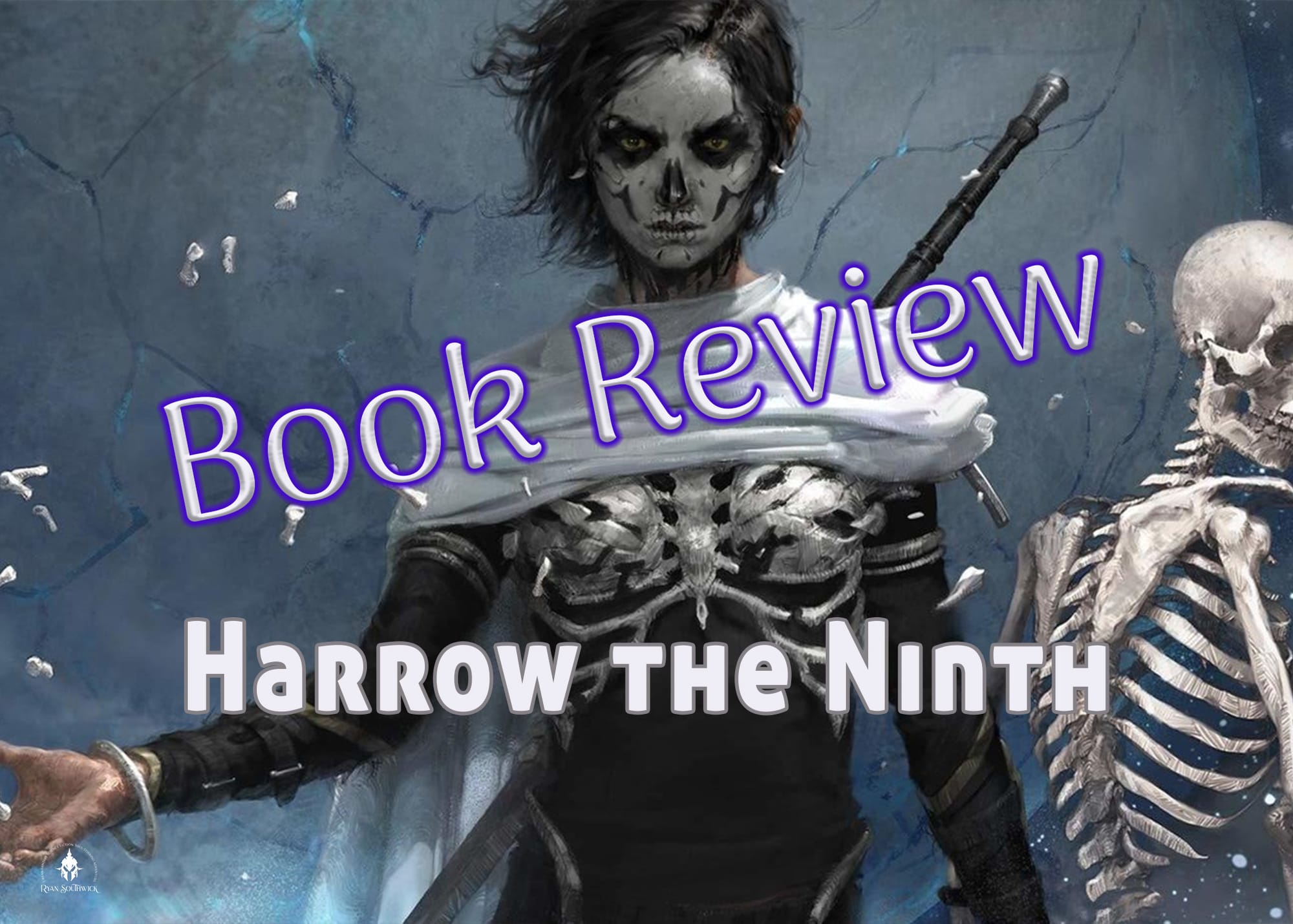Book Review: Harrow the Ninth

I won't mince words: Harrow the Ninth was a slog. The only reason I didn't rage quit 10 chapters in was because a good friend had prepped me that Muir had attempted something that was clever but ultimately "just didn't work." Unlike this unnecessarily slow and confusing mire of a story, my friend didn't disappoint.
I get what the author tried to do. I really do. The majority of the book is presented in second-person perspective. It isn't the first book I've read from that perspective, but all the others ended each chapter with a range of choices of how I wanted to proceed, along with the page number to skip to. The text was, after all, addressing "you," which is me, and means I should have a say in what happens, right?
The reason for this unconventional perspective becomes clear, albeit FAR too late, but right up until that point I kept expecting to be asked what I wanted to do next. I never was, and it felt unnaturally frustrating.
Worse, once the true purpose behind the multitude of "you"s was revealed, it felt even more frustrating because when I looked back at everything I'd slogged through, not only had it been inconsistent with the reality I now knew, I also realized that my suffering had been, IMHO, completely avoidable. The tricks the author employed to keep the story properly "mysterious" had rendered everything she'd told me thus far ingenuine. Had the narrative been genuine, one surprise would have been nullified, but I would have been far more invested and, critically, entertained from the very first page.
Aside from that, Harrow is filled with Muir's trademark turn of phrase. Sadly, it's mostly from Harrowhark's perspective, which didn't come off nearly as clever as it did from Gideon's lips in the first book, which rendered even that somewhat uninspiring.
Fans of Gideon the Ninth should continue, if only because Muir continues to build on her interesting and unconventional universe, but I'll do you the same favor that my friend did for me and warn that reaching the story's payoff may cost far more aggravation than it's worth.
